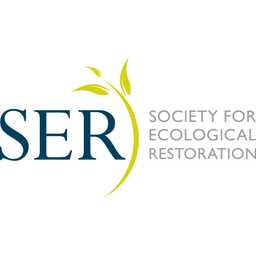
Society for Ecological Restoration
SER is the leading international organization working on the science, practice, and policy of ecological restoration
Across the globe, centuries of unsustainable activities have damaged the aquatic, marine, and terrestrial environments that underpin our economies and societies and give rise to a diversity of wildlife and plants. SER is dedicated to reversing this degradation and restoring the earth for the benefit of humans and nature.
Our Mission
SER advances the science, practice and policy of ecological restoration to sustain biodiversity, improve resilience in a changing climate, and re-establish an ecologically healthy relationship between nature and culture.
Our Vision
Ecological restoration becomes a fundamental component of conservation and sustainable development programs throughout the world by virtue of its inherent capacity to provide people with the opportunity to not only repair ecological damage, but also improve the human condition.
Our Guiding Principles
These underlying principles guide and inform our work:
Ecological restoration is an engaging and inclusive process. Restoration embraces the interrelationships between nature and culture, engages all sectors of society, and enables full and effective participation of indigenous, local and disenfranchised communities
Ecological restoration requires the integration of knowledge and practice. Science and other forms of knowledge are essential for designing, implementing and monitoring restoration projects and programs. At the same time, lessons learned from practical experiences are essential for determining and prioritizing the scientific needs of the field.
Ecological restoration is policy-relevant and essential. Restoration is a critical tool for achieving biodiversity conservation, mitigating and adapting to climate change, enhancing ecosystem services, fostering sustainable socioeconomic development, and improving human health and well-being.
Ecological restoration is practiced locally with global implications. Restoration takes place in all regions of the world, with local actions having regional and global benefits for nature and people.